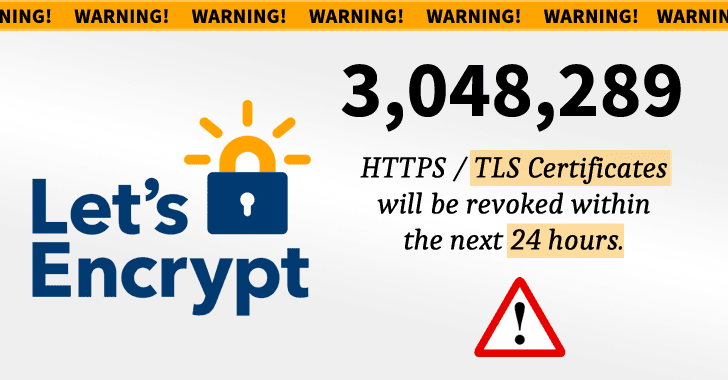
Oracle Wallets for credential storage
If you're developing for the web (or something else) and you need to connect to an Oracle database, such as an Oracle Autonomous Database that comes for free with oracle cloud free tier, you may run to the typical problem of storing db connection credentials in configuration files and scripts. Nevertheless, Oracle has, since ages, a functionality called Oracle Wallet that can help you manage these connections more securely. Keep in mind that Oracle migrates away from Wallets, but my understanding is that this is a response to usability concerns, as the security standard is not maintained in the new set-up.



